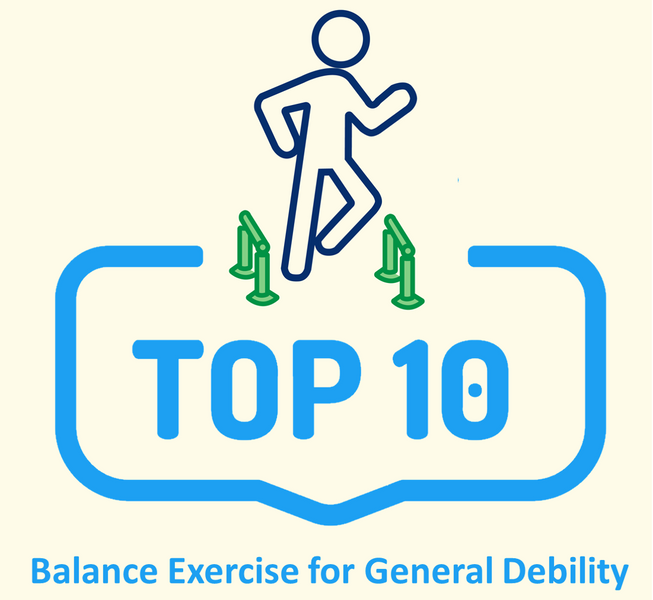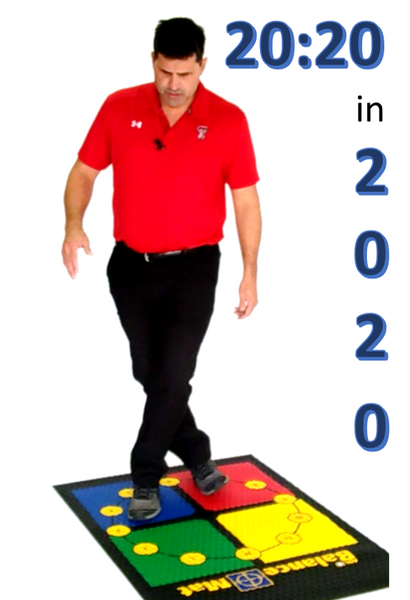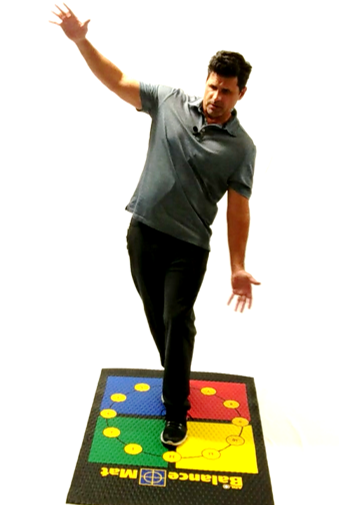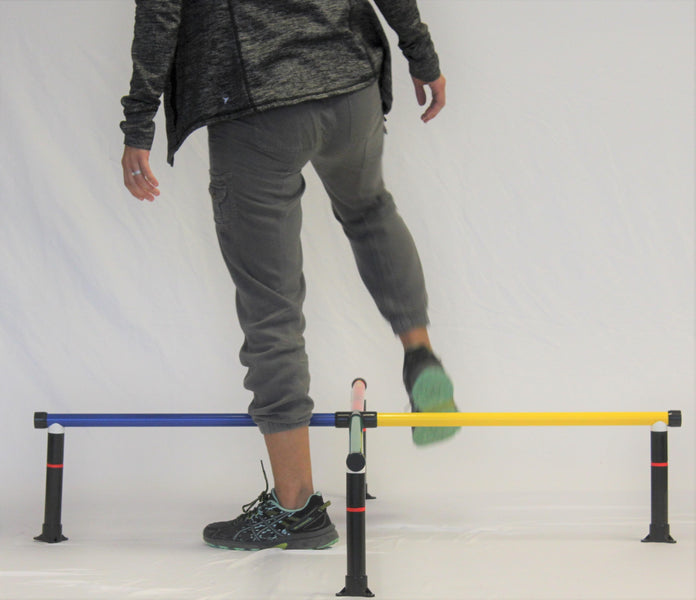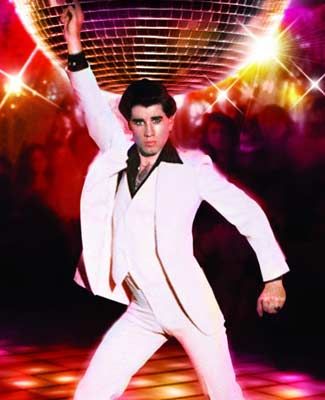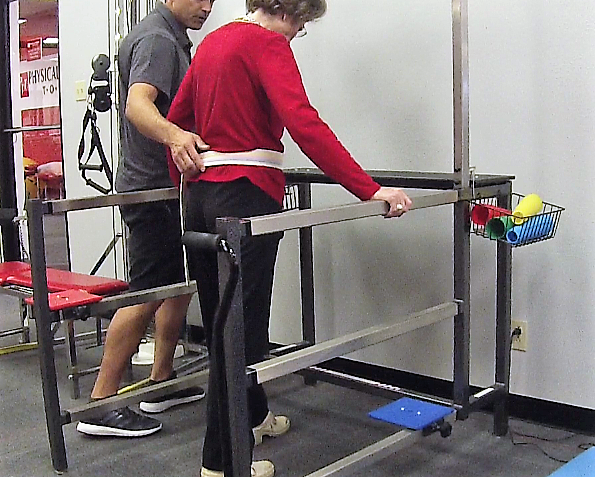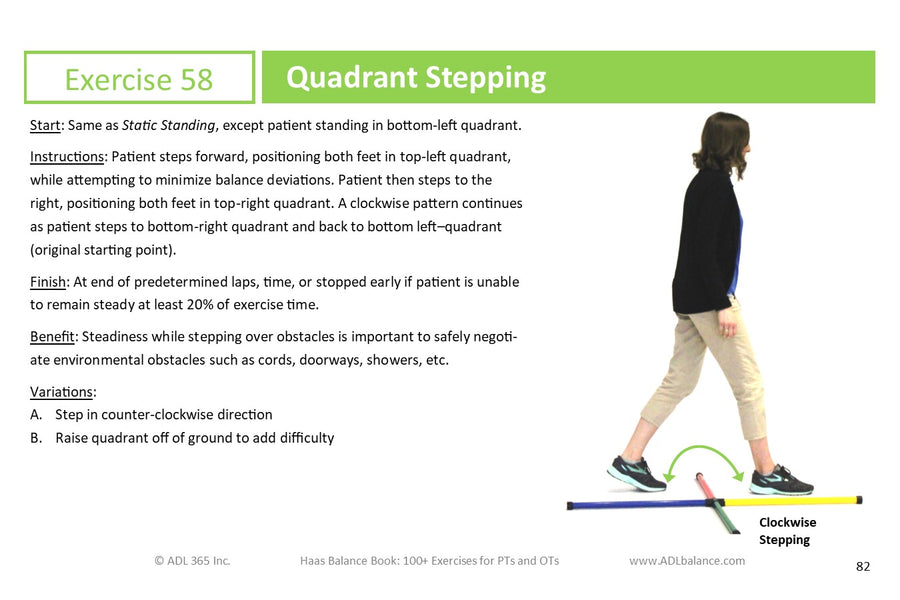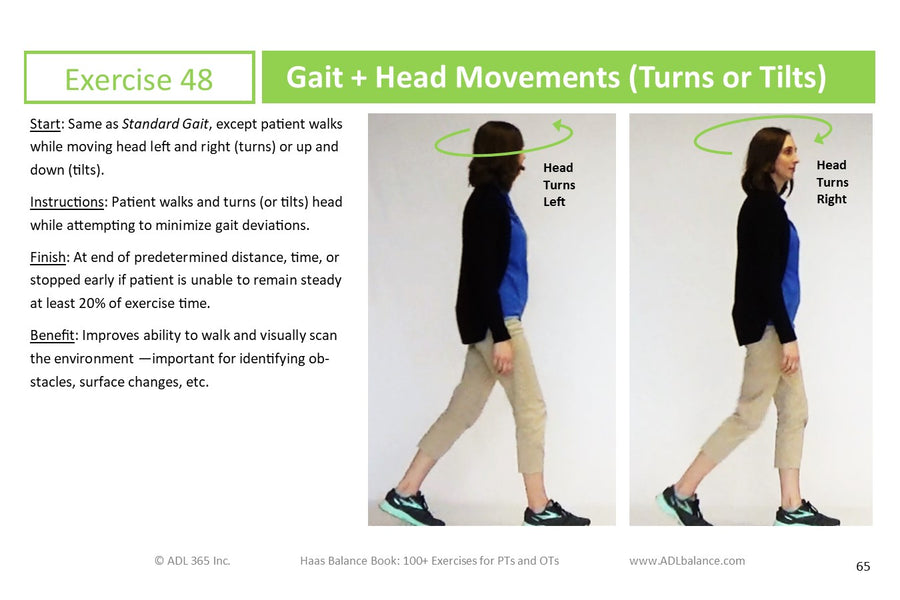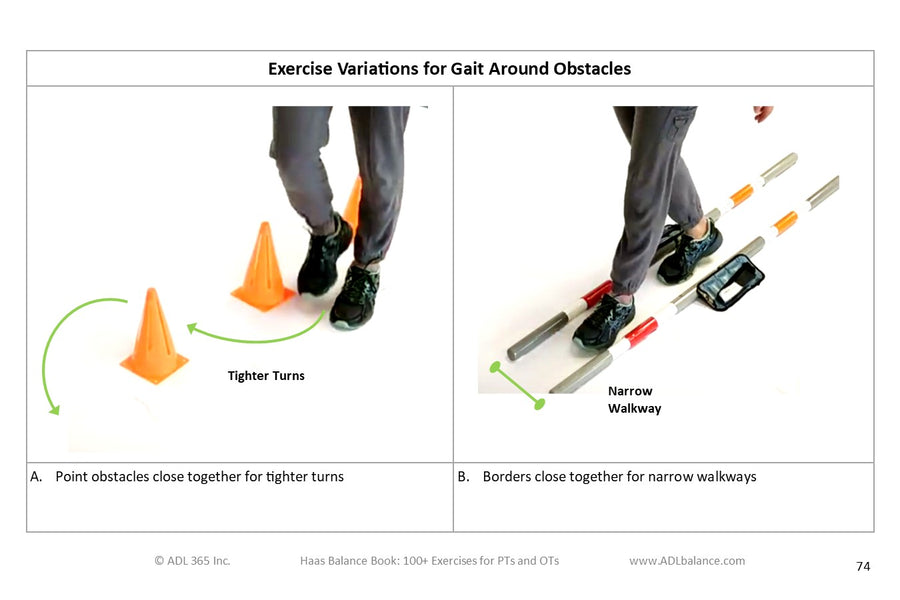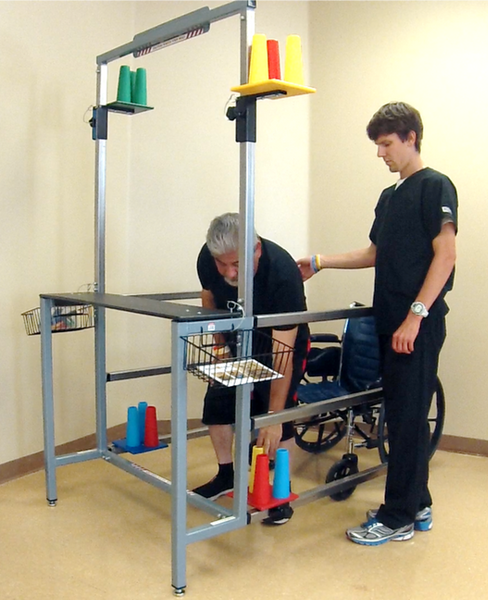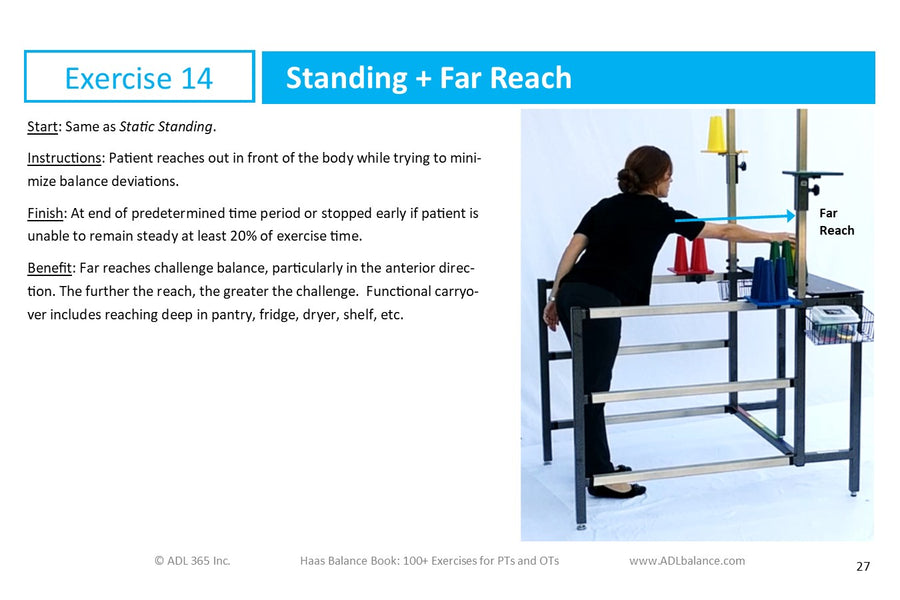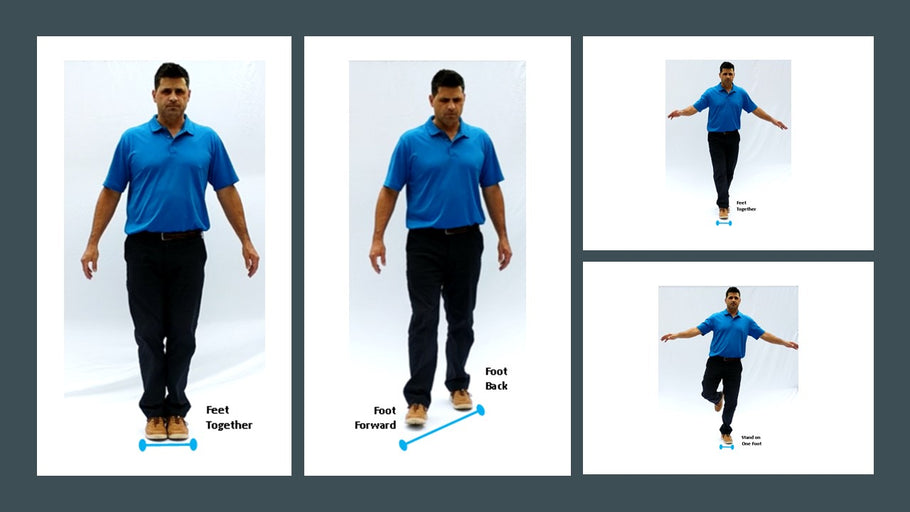ADL Balance Blog
New Year 2020 and Balance Intensity 20:20
I hope you are enjoying your start to 2020! This is the perfect year to highlight the balance training principle of 20:20. This post will help you ...
4 Questions for Quality Balance Training
Answer the following 4 questions to test how well your balance exercises measure up (total your "YES" answers and score at end of post):
Do...
Balance Boundaries: Proceed with Caution
Boundaries are defined limits or borders that indicate lines that should not be crossed. Venture beyond a boundary and negative consequences likely...
Balance Training is “Superfly”
Ever had a patient walk without swinging their arms? I’ve recently had a run of patients that had limited or absent arm swing when walking. These p...
5 Balance Exercise Favorites Following Hip Replacement
Total hip replacement (THR) surgery entails removing damaged or worn out cartilage in the hip and replacing it with metal, plastic, and/or ceramic ...
Crosswalk #6: Four Square Step Test (4SST) and Haas Balance Book
The 4SST is a dynamic balance test that assesses a patient’s ability to step over small obstacles forward, backward, and to each side. The Haas Bal...
Crosswalk #5: Timed Up & Go (TUG) and Haas Balance Book
The Timed Up and Go (TUG) is a timed walking test that helps establish a patient’s risk for falling. The Haas Balance Book is a collection of over ...
Crosswalk #3: Tinetti Performance Assessment and Haas Balance Book
The Tinetti Performance Oriented Mobility Assessment Tool (Tinetti) is a standardized assessment tool for balance and gait that helps establish fal...
3 Ways to Better Use Therapy Cones for Balance
If you use cones in therapy for reaching and/or balance exercises, check out the following 3 low and no cost ways listed below to help you get more...
Crosswalk #1: Berg Balance Scale & Haas Balance Book
The Berg Balance Scale is a standardized assessment tool for balance. A common strategy for choosing balance exercises is to examine items with low...
Take a “Stance” on Balance
Stance is the position of the feet and legs in standing. Stance has a primary impact on balance, along with movement and surface. Stances that requ...
-
Previous
- Page 1 of 4
- Next

